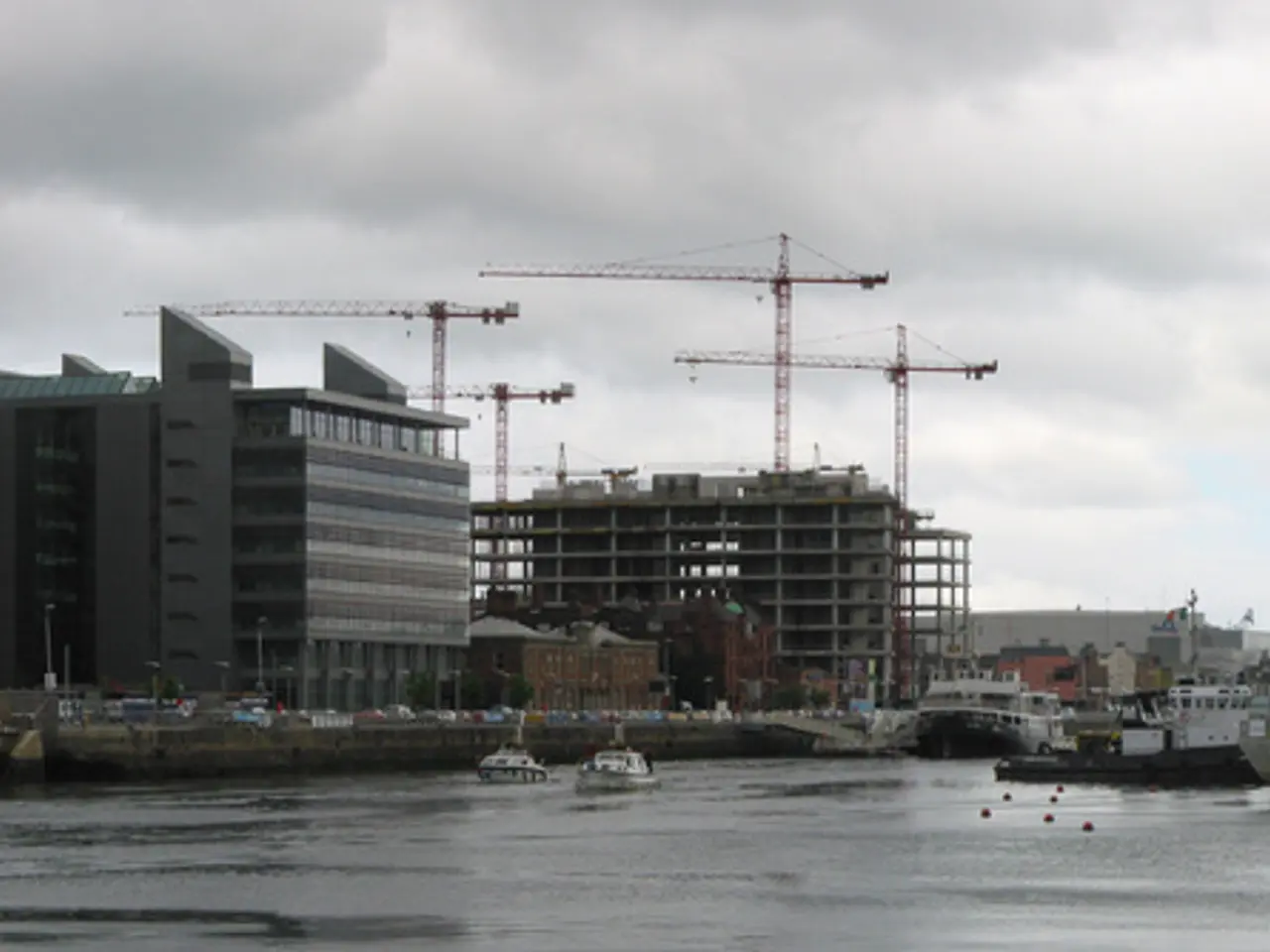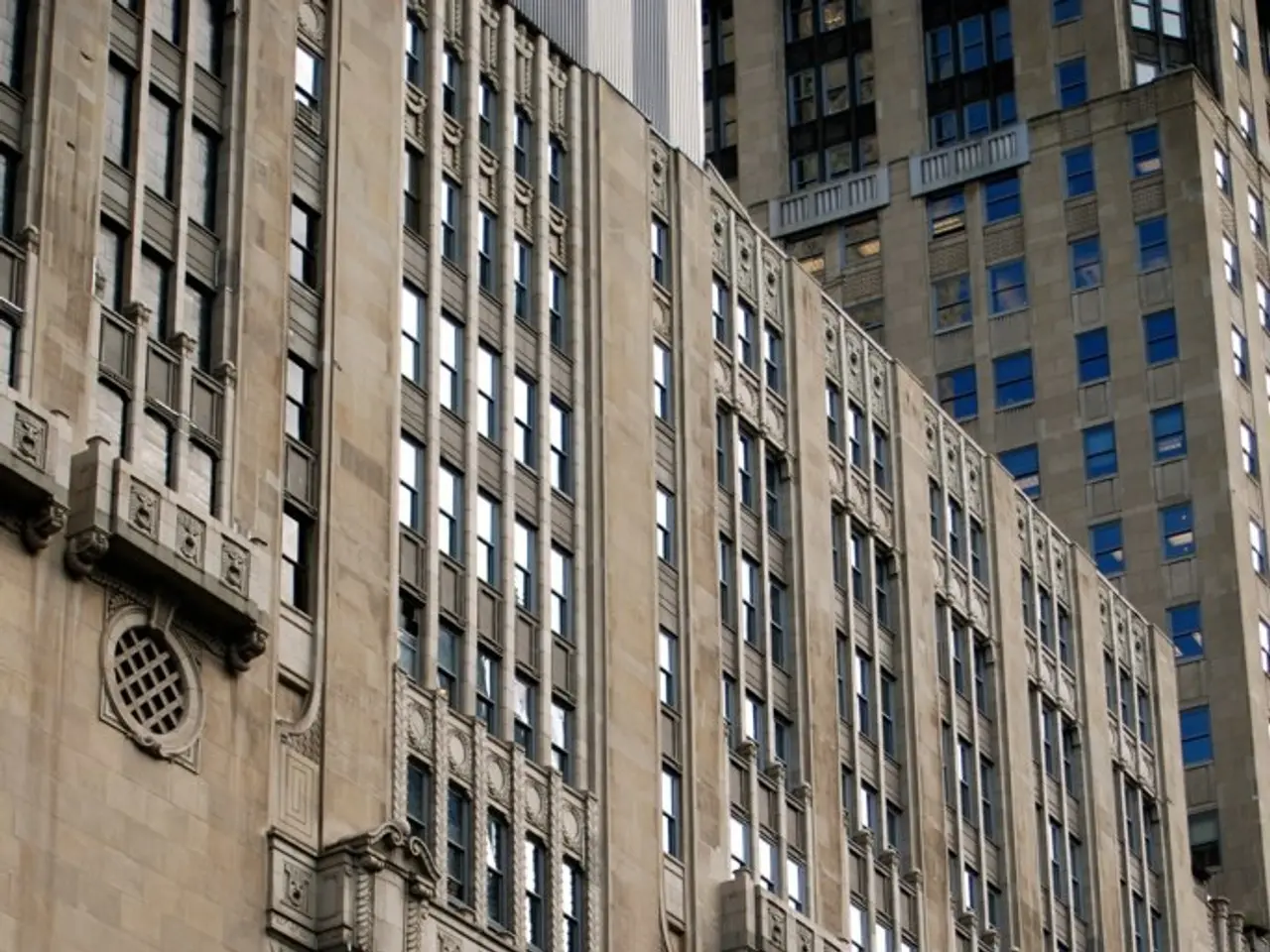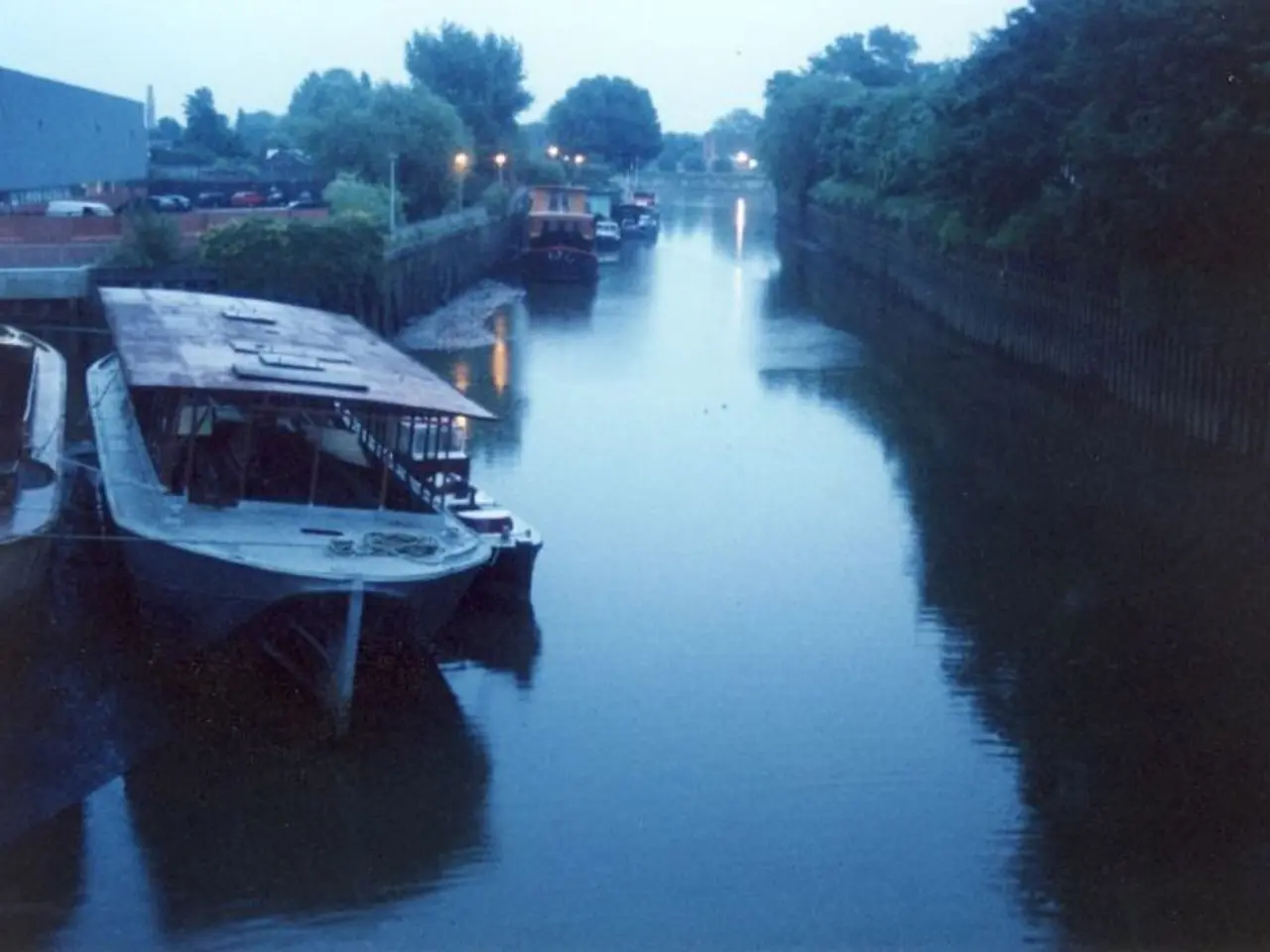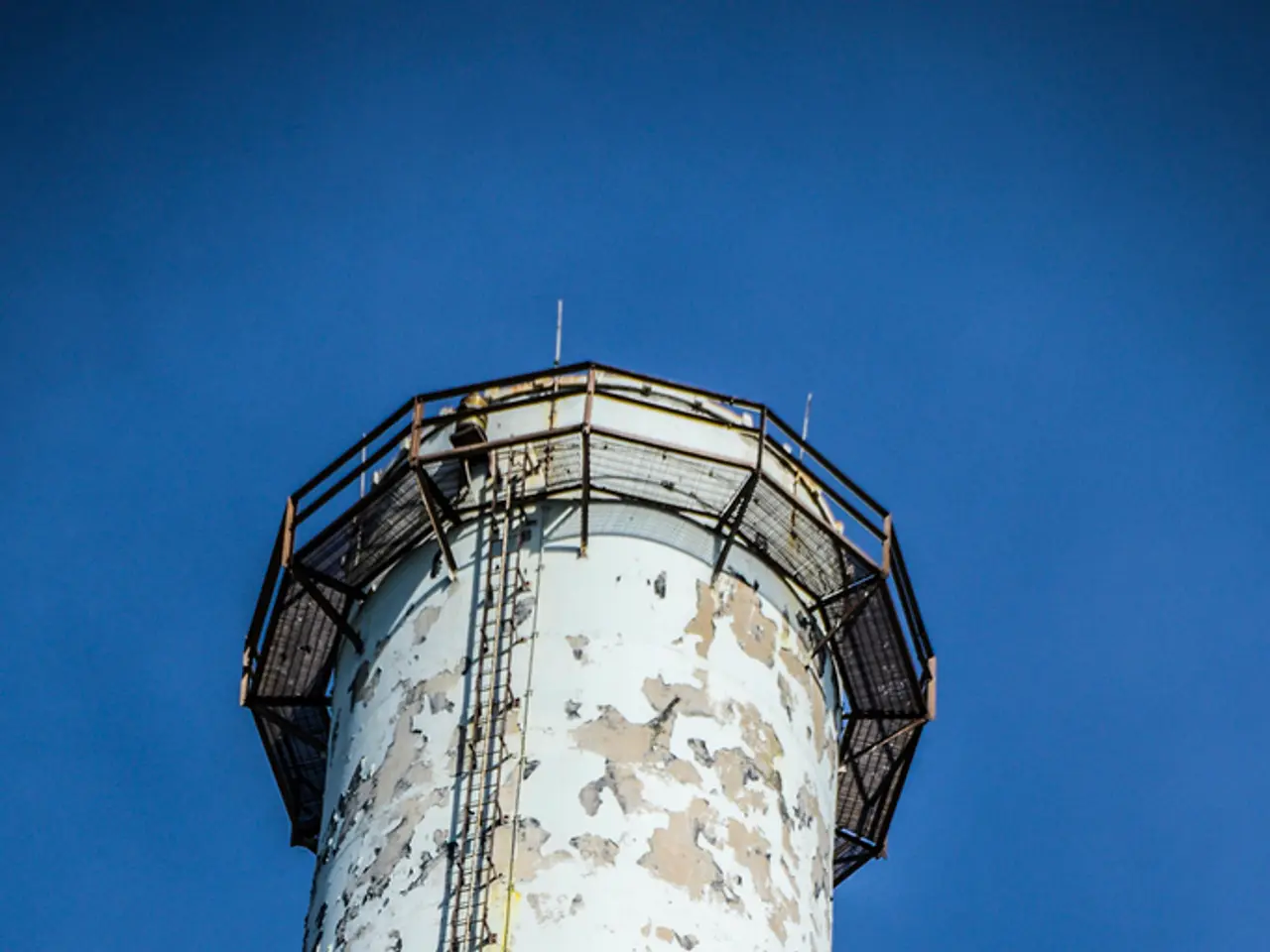Disruption halts operation of North Baltic Canal, causing significant repercussions
The Kiel Canal, a critical maritime artery connecting the North and Baltic Seas, has been closed due to a strike by the trade union Verdi. The closure, now entering its second week, is causing significant economic damage, estimated to be over 1.5 million euros per day in Germany.
The closure is impacting over 3,000 jobs, including pilots, canal pilots, shipbrokers, and employees of ship suppliers. Jens-Broder Knudsen of the initiative Kiel Canal criticises the strike, stating that it further damages the image of the canal in these difficult times.
One of the shipping companies affected by the strike is Maersk Line from Copenhagen. Their container ship, the "Laura Maersk," had to pass through the canal on Monday afternoon as one of the last on a journey from Bremerhaven to Fredericia, but its return journey to Bremerhaven has been cancelled. The shipping company will now travel from Gothenburg via Skagen instead of through the Kiel Canal.
The strike is causing delays to shipping traffic and forcing ships to travel longer routes to keep to their schedules. This could lead to increased emissions of climate-damaging CO2, as ships that would normally travel through the Kiel Canal are now having to travel around Skagen.
The passage of the corvette "Emden" through the Kiel Canal was one of the last ships to pass before the strike took effect. The navy is using the Kiel Canal with full throttle, as shown by the passage of the corvette "Emden." However, the strike is not affecting the traffic of dredging ships on the Kiel Canal, as they continue to sail during the expansion works.
The strike is being conducted by Verdi to pressure wage negotiations in the public sector. Frank Schischefsky, a trade unionist from Verdi, is calling on Verdi members at brokers and canal pilots to go on strike in solidarity. Klaus Peter Molter, chairman of the Association of Canal Pilots, states that the strike is causing a significant financial loss for his members.
Despite the ongoing strike, the expansion works on the Kiel Canal are ongoing, with dredging ships continuing to sail during the strike. The traffic control center in Brunsbüttel, which monitors the canal, is now staffed with employees rather than civil servants, giving Verdi more leverage.
Without specific data or reports on strikes at the Kiel Canal, the exact economic damage, job losses, or environmental implications remain hypothetical. However, it is clear that the closure of the Kiel Canal is causing significant disruption to shipping traffic and the economy.
The closure of the Kiel Canal, a major transportation route in Europe, is affecting industries reliant on public-transit, such as shipping and transportation, causing financial losses. This is particularly true for shipping companies like Maersk Line, whose container ships have been forced to take longer, more emissions-heavy routes due to the strike.
The strike by Verdi union members is not only causing economic damage in the transportation sector, but also has potential environmental implications, as ships divert from the Kiel Canal to Skagen and increase their CO2 emissions.




